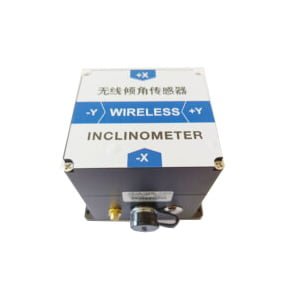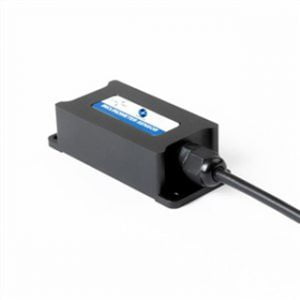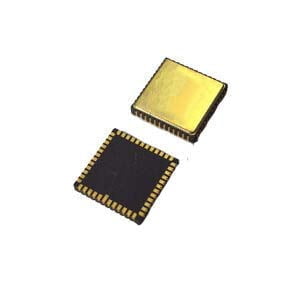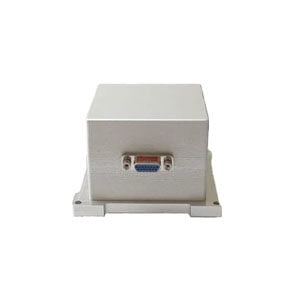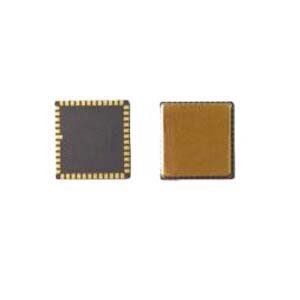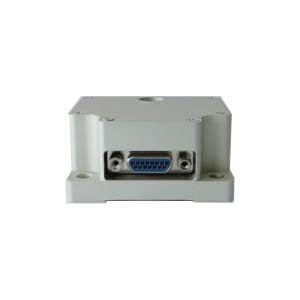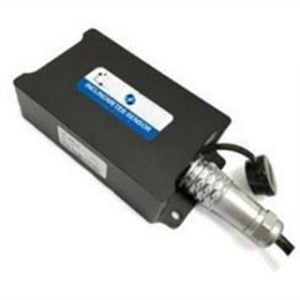Voltage Output Type Dual-Axis Tilt Sensor
Introduction
It is a standard industrial high-precision analog voltage dual-axis tilt sensor. The standard voltage has 0~5V, 0.5~4.5V, 0~10V can choose, through RS232 output, can transmit 2000 meters long-distance. The operator only needs to collect the voltage value of the sensor to calculate the current tilt angle of the object. The built-in (MEMS) solid pendulum can be converted into the change of the inclination angle by measuring the change of the static gravity field.
The product adopts MEMS sensor production technology, which can accurately compensate and correct temperature errors and linear errors. It has high accuracy, small size, high packaging technology, strong vibration resistance, built-in anti-radio frequency, and anti-electromagnetic interference circuit characteristics, especially suitable for underground applications in harsh industrial environments such as trenchless machinery.
Features
Two axis tilt monitoring
Full range accuracy 0.005°, resolution 0.0007°
Output 0~5V, 0~10V (optional)
Wide-voltage input DC 11~36V
Wide temperature working -40~+85℃
Range 0~±5/±10/±15/±30° (optional)
High vibration resistance >20000g
IP67 protection
Can output RS232 at the same time, RS485 customizable
Volume (107*55*27mm) (customizable)
Applications
Railway gauge ruler, gauge instrument
Satellite solar antenna positioning
Aerial work truck
Mining machinery, oil logging equipment
Medical equipment
Hydraulic lifting platform
Inclination monitoring
Angle control of various construction machinery
Inspection of bridges and dams
Specifications
| Parameter | Condition | ER-TS-2280VO-5 | ER-TS-2280VO-10 | ER-TS-2280VO-15 | ER-TS-2280VO-30 | Unit |
| Measuring range | / | ±5 | ±10 | ±15 | ±30 | ° |
| Measurement axis | / | X ,Y axis | X ,Y axis | X ,Y axis | X ,Y axis | / |
| Zero temperature drift | -40~85° | ±0.0007 | ±0.0007 | ±0.0007 | ±0.0007 | °/℃ |
| Sensitivity temperature coefficient | -40~85° | ≤50 | ≤50 | ≤50 | ≤50 | ppm/℃ |
| Zero drift | 0°output | 0~5V output -2.5V, 0~10V output -5V | V | |||
| Frequency response | DC response | 100 | 100 | 100 | 100 | Hz |
| Resolution | Bandwidth5Hz | 0.0007 | 0.0007 | 0.0007 | 0.0007 | ° |
| Accuracy | -40~85℃ | 0.005 | 0.006 | 0.0065 | 0.007 | ° |
| Long-term stability | -40~85℃ | <0.006 | <0.007 | <0.007 | <0.008 | ° |
| Power on start time | / | 0.2 | 0.2 | 0.2 | 0.2 | s |
| Response time | / | 0.01 | 0.01 | 0.01 | 0.01 | s |
| Output signal | 0~5V, 0~10V | |||||
| Average working time | ≥45000 hours/time | |||||
| Impact resistant | 20000g, 0.5ms, 3 times/axis | |||||
| Shock resistant | 10grms, 10~1000Hz | |||||
| Insulation resistance | ≥100MΩ | |||||
| Waterproof level | IP67 | |||||
| Cable | Standard 1.5 m length, wear resistance, oil proof, wide temperature, shielding cable 6*0.3mm² | |||||
| Weight | 250g (excluding boxes) | |||||
Application Techniques
1.The Difference between Tilt Sensor and Gyro Sensor
3.How to install the tilt sensor?
4.What are Tilt Switches and Tilt Sensors?
5.How to Use the Tilt Sensor and How to Install It?
6.Do you Know the Working Principle of Inclinometer ?
More Products
